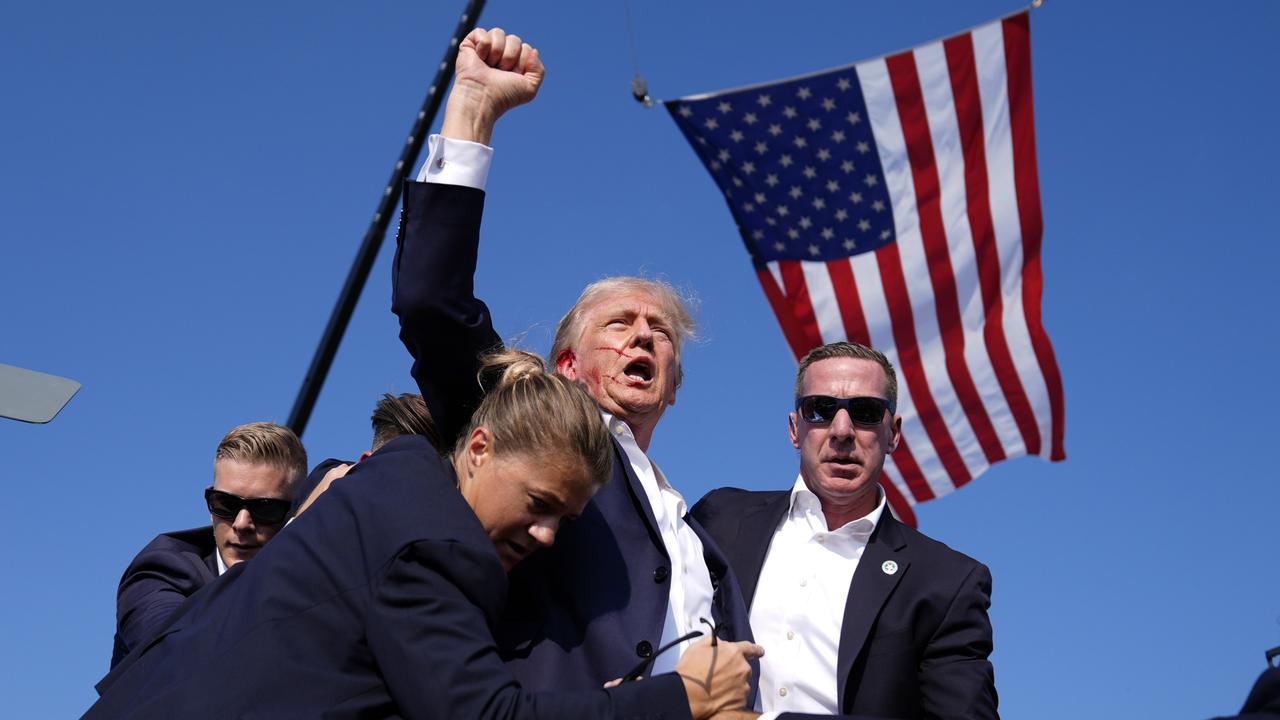The victory of Donald Trump in the 2016 U.S. presidential election marked a watershed moment in modern political history. His triumph, both unforeseen and polarizing, underscored deep societal divisions and challenged conventional political norms. This article delves into the intricacies of his unexpected rise to power, exploring the factors that fueled his success and the ramifications for the United States and beyond.

The Context: A Nation at a Crossroads
Economic Discontent and Middle-Class Frustration
The economic backdrop of Trump’s victory cannot be overstated. In the years leading up to the election, many Americans, particularly those in the industrial heartland, grappled with job losses and wage stagnation. The deindustrialization of key regions, coupled with outsourcing and automation, eroded economic stability for blue-collar workers. Trump’s slogan, “Make America Great Again,” resonated deeply with individuals who felt left behind by globalization.
Political Fatigue and Anti-Establishment Sentiment
Trump’s ascension was also catalyzed by widespread disillusionment with traditional political elites. After decades of partisan gridlock and perceived bureaucratic inefficiency, many voters sought a leader who promised disruption. Trump’s brash rhetoric and outsider status positioned him as the antithesis of Washington’s status quo, appealing to those yearning for radical change.
Campaign Strategy: Harnessing Unconventional Tactics
Leveraging Media to Amplify Messaging
Trump’s mastery of media—both traditional and social—was a cornerstone of his campaign. His unapologetic remarks and controversial tweets dominated news cycles, effectively granting him unparalleled free publicity. By bypassing traditional communication channels, he directly connected with millions, using platforms like Twitter to rally supporters and rebut critics.
A Divisive but Effective Narrative
Trump’s rhetoric, often criticized as incendiary, effectively galvanized his base. He tapped into anxieties about immigration, national security, and economic competition, framing himself as a defender of American sovereignty and jobs. While his language alienated many, it fortified unwavering support among others, particularly in rural and working-class areas.
The Electoral College: A Path to Victory
Trump’s victory highlighted the complexities of the U.S. electoral system. Despite losing the popular vote to Hillary Clinton by nearly 3 million votes, his strategic focus on key swing states secured the presidency. Victories in Pennsylvania, Wisconsin, and Michigan—states that had historically leaned Democratic—proved decisive. This outcome underscored the pivotal role of the Electoral College and amplified debates about its fairness in reflecting the national will.
Implications of Trump’s Victory
Domestic Policy Shifts
Trump’s presidency ushered in significant policy shifts, particularly in areas like taxation, deregulation, and immigration. The Tax Cuts and Jobs Act of 2017 epitomized his pro-business stance, while aggressive immigration policies, including the travel ban and increased border enforcement, polarized public opinion. His administration’s stance on climate change, marked by withdrawal from the Paris Agreement, further exemplified his departure from conventional policy frameworks.
Global Ramifications
On the international stage, Trump’s victory heralded an era of unpredictability. His “America First” doctrine challenged traditional alliances and trade agreements, from NATO to NAFTA. While some lauded his push for fairer trade deals, others criticized his isolationist tendencies, warning of diminished U.S. influence in global affairs.
A Polarized Legacy
Trump’s presidency and his electoral victory remain subjects of intense debate. Supporters credit him with revitalizing conservative values, reshaping the judiciary, and prioritizing American interests. Critics, however, decry his divisive rhetoric, handling of crises like the COVID-19 pandemic, and the erosion of democratic norms. The January 6 Capitol riot, spurred by unfounded claims of election fraud, further complicated his legacy, casting a shadow over his administration’s achievements.
Lessons from the 2016 Election
The Power of Populism
Trump’s rise illuminated the enduring power of populism in addressing societal grievances. By championing the concerns of the “forgotten man,” he reinvigorated a political movement that challenged globalist policies and elite governance. His success demonstrated the appeal of authenticity—regardless of its polarizing nature—in an era of increasing distrust in politics.
The Role of Communication in Modern Campaigns
The 2016 election underscored the transformative role of digital communication. Trump’s reliance on direct engagement through social media set a precedent for future campaigns, showcasing the potential of these platforms to influence voter behavior and shape narratives.
Conclusion: A Transformative Event
Donald Trump’s victory in the 2016 presidential election was more than a political triumph; it was a seismic event that reshaped American politics and reverberated worldwide. It highlighted societal fractures, questioned longstanding systems, and demonstrated the potency of unconventional approaches. Whether viewed as a victory for the people or a challenge to democratic principles, Trump’s rise to power remains a pivotal chapter in contemporary history.